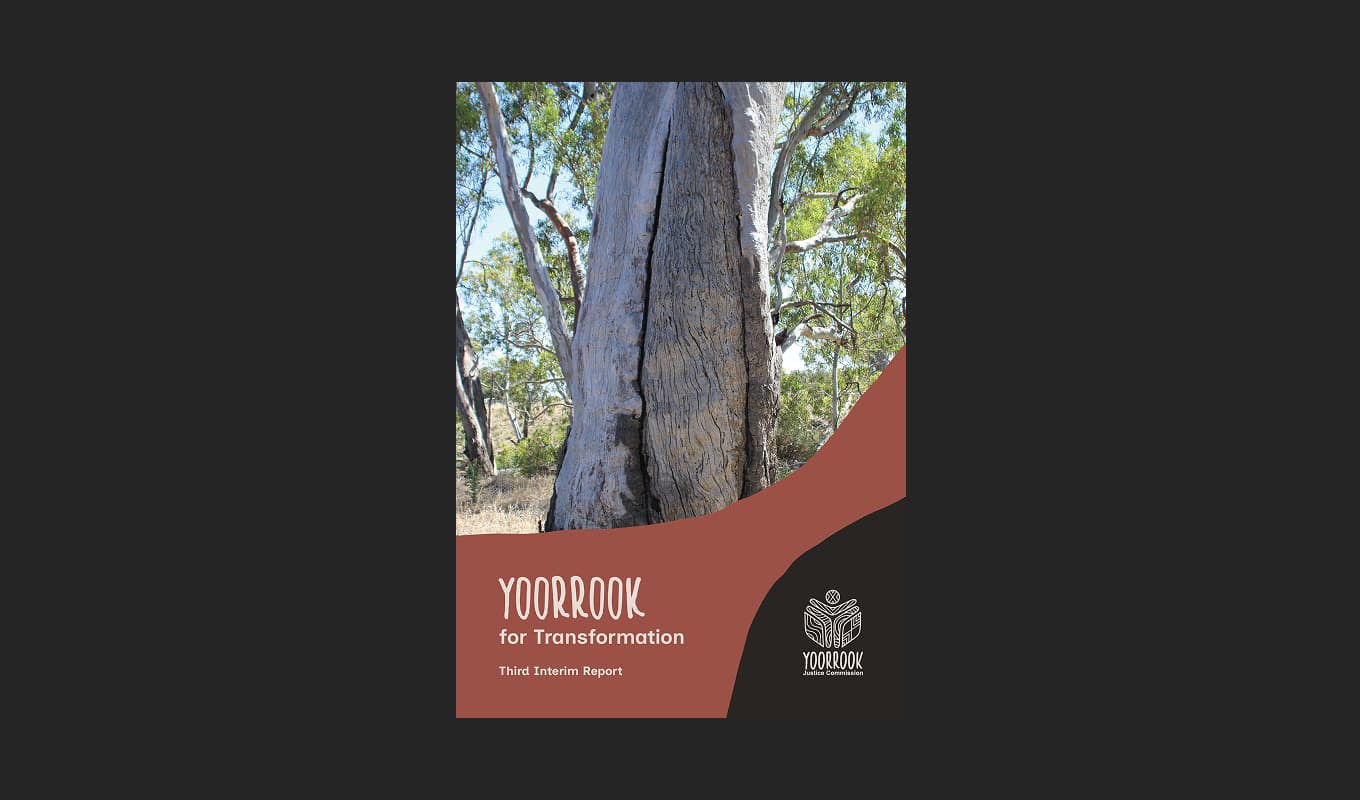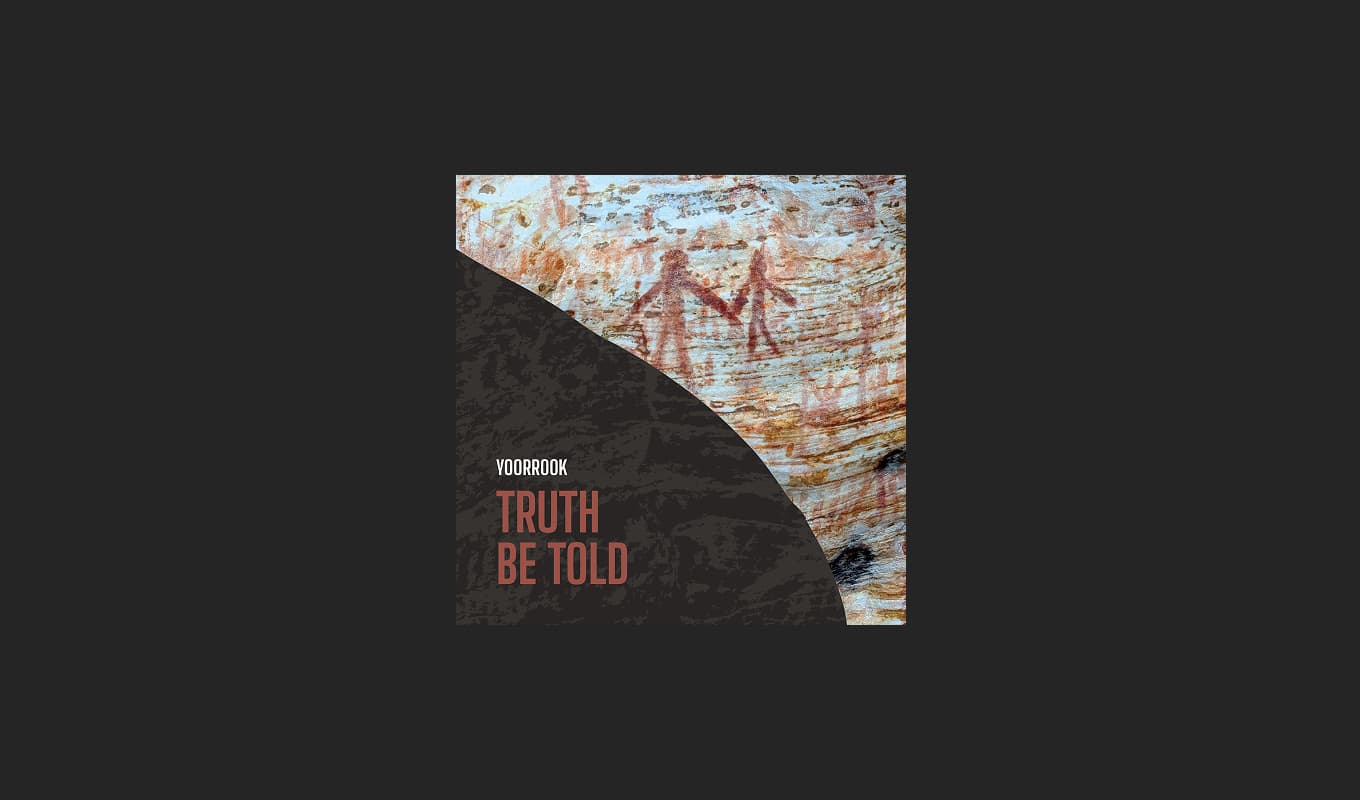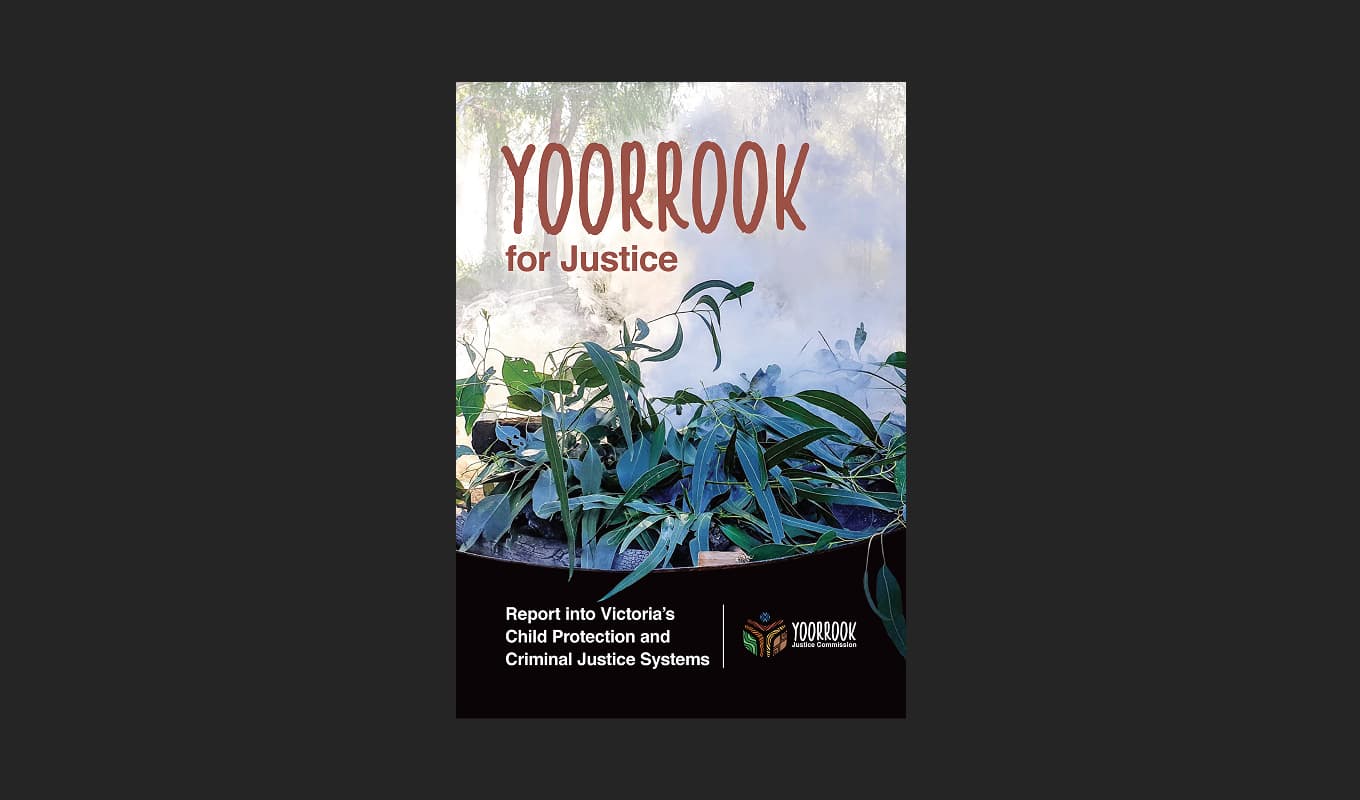Matt Dixon (2)
Matt Dixon discusses how First Nations people were forced off their ancestral lands, leading to catastrophic disruption of their culture and way of life. He criticises the education system for not teaching about First Nations history and advocates for involving First Nations people early in planning processes. He believes non-First Nations Victorians should support truth-telling and treaty, and emphasises the importance of self-determination in promoting First Peoples history and culture.
Submission Transcription
I know that First Nations people were forced off their ancestral lands and that their culture and way of life was catastrophically disrupted by settler colonialism, with them being forced away from community, and starving because of removal of access to food sources. I know that resistance resulted in massacres, and that murders occurred regardless of First Nations peoples’ actions. Government policy included rounding people up, separating families and moving people away from Country onto missions, removing the human right of freedom of movement and association. People were punished for speaking their languages. Abuse was very common. As a non-First Nations person, I am careful not to speak for First Nations people about impacts on them, but I know that impacts of colonisation were and continue to be enormous. The racist rhetoric we see on a daily basis is one demonstration of the legacy and ongoing impacts of colonisation.
I am 56 years old. I learned very little about First Nations history and culture when I was young. At university I did an elective subject on Aboriginal and Torres Strait Islander culture, and I remember the content had no relationship to Countries near Naarm, where I was studying, but seemed to be all about Countries in the centre of the continent. No First Nations people were involved in delivering content, and I suspect, nor were they involved in creating it (apart from having it stolen from them without permission I suspect).
I think that this is primarily a question for First Nations people. But I do think that if government or other non-First Nations organisations address this issue, First Nations people and organisations should be involved very early in any planning or process. Matters of cultural load should be considered. First Nations knowledge should be privileged throughout any process. The fact that First Nations organisations are asked to contribute to or consult on many projects and initiatives should be acknowledged, as well as that fact that First Nations organisations are often stretched for resources and must prioritise community wellbeing.
Non-First Nations Victorians should make it very clear to the opposition that withdrawing support for Treaty is a craven political move and is reprehensible. They must reverse this highly regrettable position.
Non-First Nations Victorians should make it very clear to the opposition that withdrawing support for Treaty is a craven political move and is reprehensible. They must reverse this highly regrettable position.
Truth-teller consent
Contact us about this submission
Contact us if you’d like to discuss this submission.
Similar submissions
Explore submissions from other witnesses that discuss similar topics.
Viki Sinclair (Fowler)
Viki Sinclair is a direct descendant of one of the original settlers of Gippsland, Colin McLaren. In this submission, she tells her personal story of... more
Prof. Mark G. Brett
Prof. Mark G. Brett's paper, "Reinventing Waste Land as a Colonial Legal Fiction," explores the historical development of the concept of waste land fr... more
Barbary Clarke
Barbary Clarke and Jason Clarke, descendants of Alfred Deakin and William John Turner, also known as Big Clarke, discuss aspects of their family's his... more
Reports and Recommendations
Read the official reports and recommendations of the Yoorrook Justice Commission.

Yoorrook for Transformation
Third Interim Report: A five-volume comprehensive reform report presenting evidence and findings on systemic injustices, and specific recommendations for meaningful change to transform the future.

Truth Be Told
An official public record that documents First Peoples experiences since colonisation, preserves crucial testimonies for future generations and creates an enduring resource for education and understanding.

Recommendations for change
Yoorrook Justice Commission’s recommendations for truth-telling, justice, and systemic reform in Victoria.

